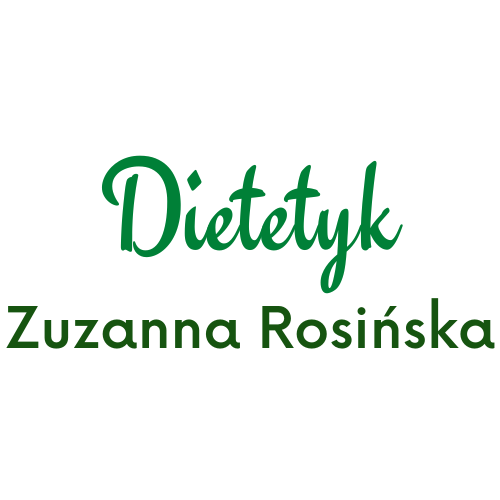Food supplementation Bez kategorii
Dietary supplement is an additional intake of foods that supplement the daily diet. It is one of the three main strategies for tackling population shortages. The supplements are individually selected for each in form and dosage.
Food supplements may also contain substances with different physiological effects derived from plants, algae, fungi, lichens, animal products (bee products, shark cartilage, chondroitin and medicinal plants).
Ingredients of food supplements may also be health-promoting compounds such as plant extracts
Food supplements are concentrated sources of essential vitamins and minerals and sometimes proteins. They offer the possibility of dosing them in their respective forms, e.g. tablets, capsules, powder, syrup, dragees. These characteristics put these products on the same footing as medicinal products, forcing them to sanction them accordingly under the legislation in force.
Therefore, make sure whether the product is a medicine or just a dietary supplement. Even in the pharmacy, you should check whether, for example, a vitamin D is a drug or a nutritional supplement.
Food supplements, like other foods, should be labelled on the packaging with the following information:
- Product name
- Indication that it is a “food supplement”
- Definition of nutrient categories
- Recommended daily dose and maximum dose
- the statement that the supplement should not be used as a meal replacement
- Information on storage conditions
- Composition of the supplement and quantities of ingredients and their coverage of daily needs
On the basis of the opinion of experts from the European Food Safety Authority, appropriate regulations laying down conditions for the production of food supplements have been drawn up.
Maximum levels of active substances in food supplements should be calculated on the basis of the Upper Tolerable Intake Level (UL).
The food supplement is intended for the general population and specific groups, including children, pregnant and breastfeeding women, men, the elderly, athletes and people who lose weight.
Food Supplement – Safety
To determine whether a food supplement is advisable, i.e. whether there are nutritional deficiencies, biochemical studies must be carried out. The test material is usually blood or urine. Otherwise, there is a risk of too high doses.
Food supplements may have substances in their composition that react with the medications you are taking. They may have a multi-pronged effect: an inhibition of absorption or an antagonistic effect on drugs.
The substances contained in food supplements can also reduce the intake of substances that are beneficial to the body and increase the intake of toxins or pollutants. Therefore, supplementation should preferably take place under the supervision of a specialist, e.g. a nutritionist.
When taking food supplements, pay attention to products that you buy in stores. Particular attention should be paid to fortified products and products that are a good source of the ingredient to be supplemented. The dose of the food supplement should then be reduced accordingly.
Any integration into the diet, be it interventional enrichment or individual dietary supplementation, should go hand in hand with raising public awareness and appropriate nutrition and health education.
The intake of food supplements such as medicines should be properly documented and attached to medical records.
